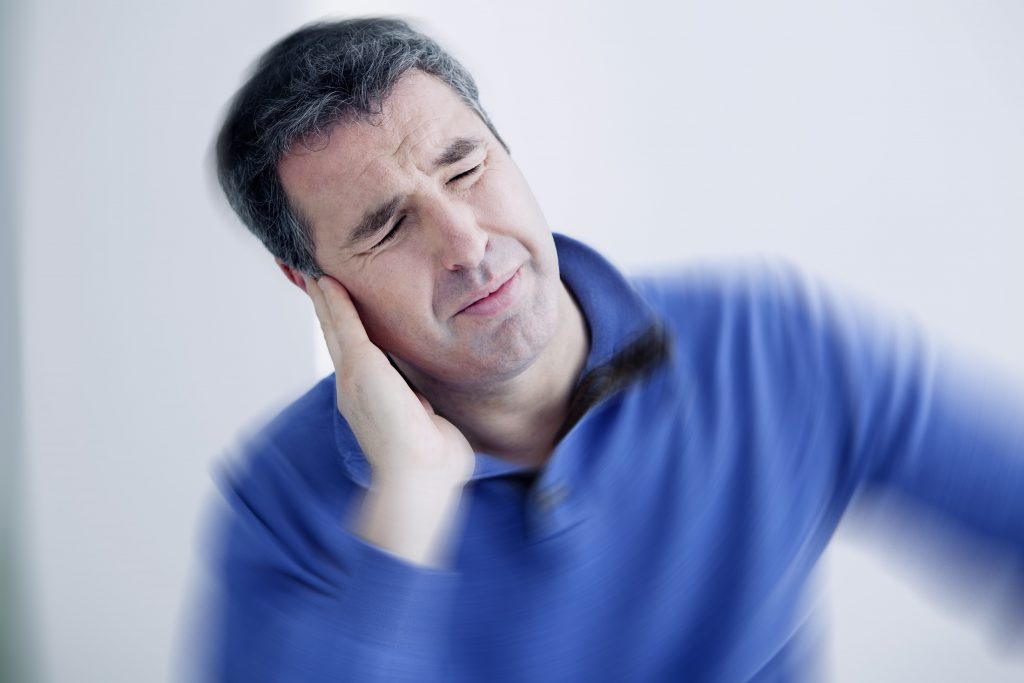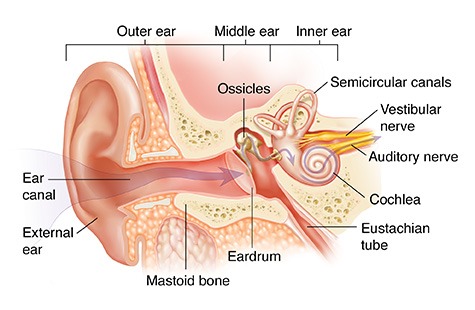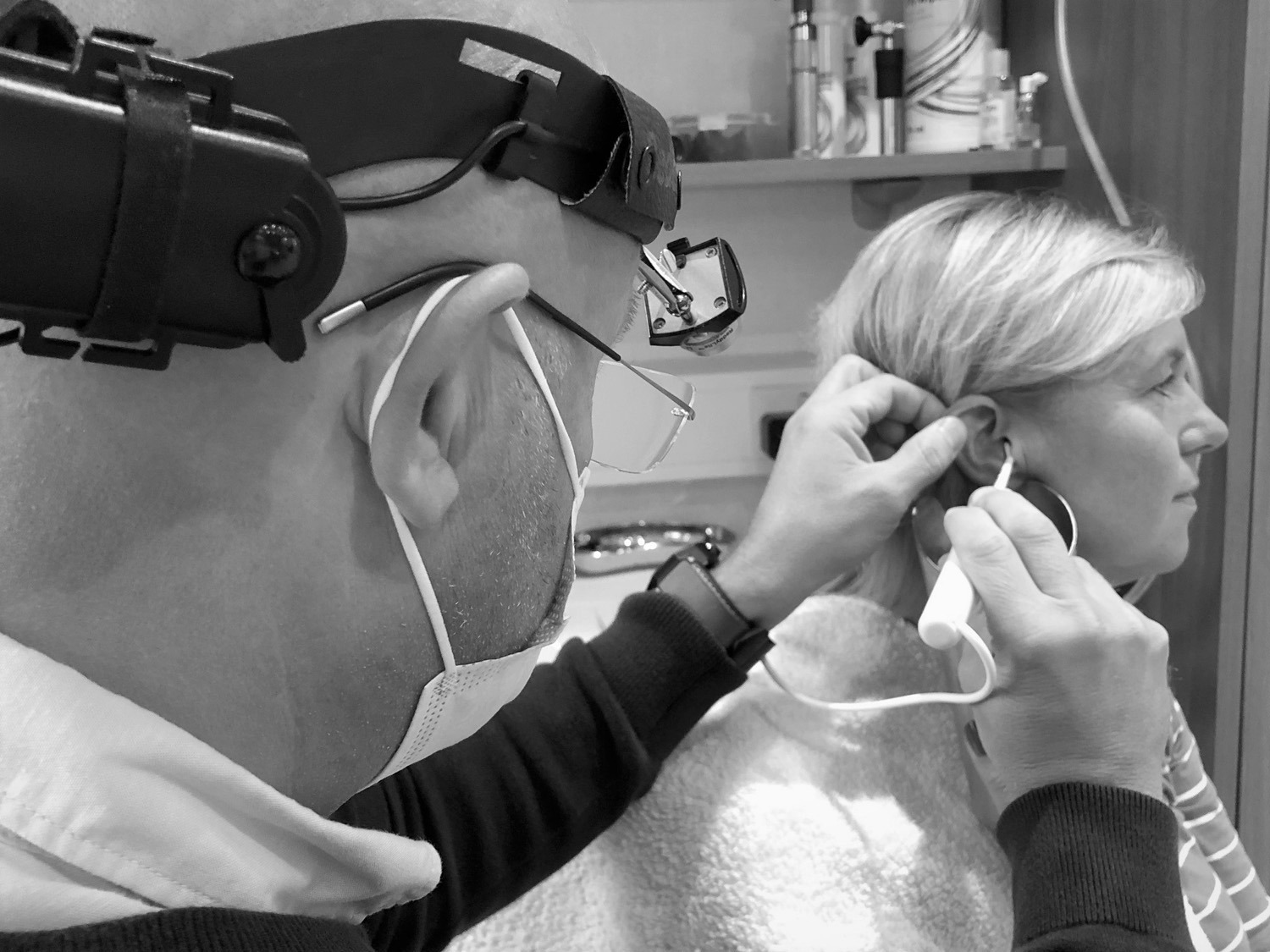Tinnitus Management

The word ‘tinnitus’ comes from the Latin word for ‘ringing’ and is the perception of sound in the absence of any corresponding external sound. This noise may be heard in one ear, in both ears or in the middle of the head, or it may be difficult to pinpoint its exact location.
The noises are usually described as ringing, whistling, hissing, buzzing or humming. Tinnitus is not a disease or an illness, it is a non specific symptom generated within a person’s own auditory pathways. Although often associated with hearing loss, it can be brought on by mental or physical change.
Tinnitus may vary in tone, pitch and intensity, and it can often occur after exposure to loud noise. Although this is a temporary problem for most people (an estimated 10% of adults in the UK have mild tinnitus – about 6 million people!). Persistent tinnitus may cause irritability, fatigue, and on occasions, clinical depression. For some the intensity can change due to head, tongue, jaw movements.
This file is a representation of tinnitus from the BTA British Tinnitus Association.

Tinnitus may be an accompaniment of sensori neural hearing loss or congenital hearing loss, or it may be observed as a side effect of certain medications. It is a subjective phenomenon, such that it cannot be objectively measured.
Occasionally people may experience tinnitus in the form of recognisable musical sounds rather than the ‘normal’ associated noises. This is referred to as musical imagery tinnitus or auditory imagery tinnitus. The exact mechanism by which this form of tinnitus occurs is unknown, but probably involves the auditory memory parts of the brain.
What causes Tinnitus?
Tinnitus can start suddenly or materialise gradually. Due to the non-specifity of the symptom , there are hundreds of etiologies associated with tinnitus, most, but not all, associated with hearing impairment. Among the causes are noise induced hearing loss, neurological damage (multiple sclerosis), emotional stress, tiredness, oxidative stress, wax build up, ear infections, foreign objects in the ear canal, exposure to loud sounds (noisy equipment, concerts etc), head trauma or some diseases of the ear, however, for some people the cause isn’t clear.
Activities such as smoking, drinking alcohol or caffeine, and taking ‘excessive’ amounts of aspirin or antibiotics may exacerbate tinnitus. As there are so many different factors that can lead to, or worsen tinnitus, there is a plethora of ongoing research in to the exact cause of the condition.
There are many theories regarding the generation of tinnitus. It is clear that regardless of the initial cause, it is ultimately perceived and processed in the brain. The fact that most people with tinnitus also show at least some deficit in hearing leads to the speculation that tinnitus perception is related to auditory deprivation.
Tinnitus Management
At Sound Advice Hearing we offer a professional tinnitus evaluation. Counselling with an experienced hearing health care professional can improve your success in regaining your quality of life. We will be happy answer your queries and provide specific solutions that may be tailored to help with the management of your tinnitus, For some, the effects of tinnitus can often be minimised by a combination of counselling and sound stimulation. Your appointment will involve investigating the cause, type and affects of your tinnitus along with determining whether a treatable medical condition exists or whether further evaluation from your local ENT department is necessary.
Get a free hearing test with one of the UK's best hearing care specialists

Book a FREE hearing test

FREE online hearing test

Find your nearest clinic

